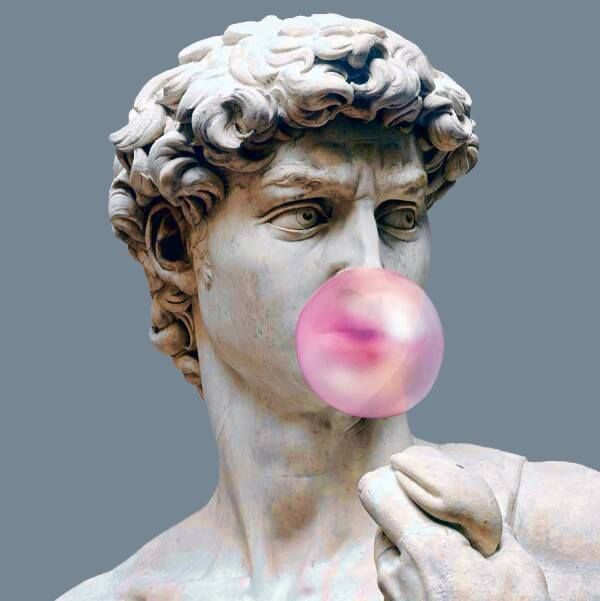

I think strategically used tariffs (i.e. used in trade negotiations for specific sectors or items, not unilateral tariffs) can convince a country to export items at a price that benefits one country more than the other, usually in tandem with an agreement to reciprocate. Basically, countries agree to trade at certain rates or exclusively sell. Tariffs are the “bad cop” of trade negotiations.
The tariff isn’t what lowers the price, it’s the threat of the tariff that lowers the price or keeps it stable.
Imagine Canada exports maple widgets at $10 a piece to reflect the true cost of manufacture. The US says that is too high, our people can’t afford that price once it’s on the shelves, so how about you export them for $8? To sweeten the deal, we’ll export freedom widgets to you at reduced cost.
Canada responds saying $8 for maple widgets is too low, $10 is firm and we’ll deal with the current cost of freedom widgets. The US threatens a targeted tariff on maple widgets at 25% which doesn’t affect the price of maple widgets in Canada or their sale price to importers in the US, but importers in the US have to pay $2.50 in tax on top of the purchase cost for maple widgets which drives up the cost for US consumers.
This results in the price of the item increasing in the US $4.50 over the price determined to be “affordable” which will result in reduced imports and reduced purchases of maple widgets by consumers. Canada now has to find somewhere else to sell their maple widgets since the US isn’t buying at the same rate which drives down the value of maple widgets in Canada.
And if the US was feeling particularly vengeful at being denied their cheap steady supply of maple widgets, they could convince other countries to not buy Canadian widgets at all or impose a blanket ban on all Canadian goods (see: how the US obliterated the economy of Cuba because of “communism” which was really just Cuba not wanting to be the US’s sugar plantation anymore).
Canada will evaluate this and determine that selling maple widgets is essential to their economy and less profit for their maple widget industry is an agreeable trade compared to the US not buying at all.







I understand what you were going for with this comment but I think you wildly missed the mark.
I don’t expect presidents to be knowledgeable on all subjects either. I expect leaders to surround themselves with experts as well, but Trump has a long history of disagreeing with and firing his advisors and staff whenever he is wrong. This isn’t because he was in real estate, it’s because he is a narcissist and treats learning as a bruise to the ego.
I expect heads of state to take the time to know why they are visiting a place or attending an event. For all the planning and preparation for the tour and the ridiculous travel time to get to Hawaii from the east coast, you expect me to believe that the President couldn’t be bothered to at least look it up on Wikipedia? Not even considering that the president doesn’t just show up randomly at places.
Didn’t look it up, didn’t ask before hand, didn’t listen to any briefing, didn’t pay attention to where he was going. This isn’t because his background is in real estate, it’s because he is a selfish, inconsiderate, ignorant fool.
And for the record, I’d expect the president of the Union to at least understand the importance of Gettysburg.